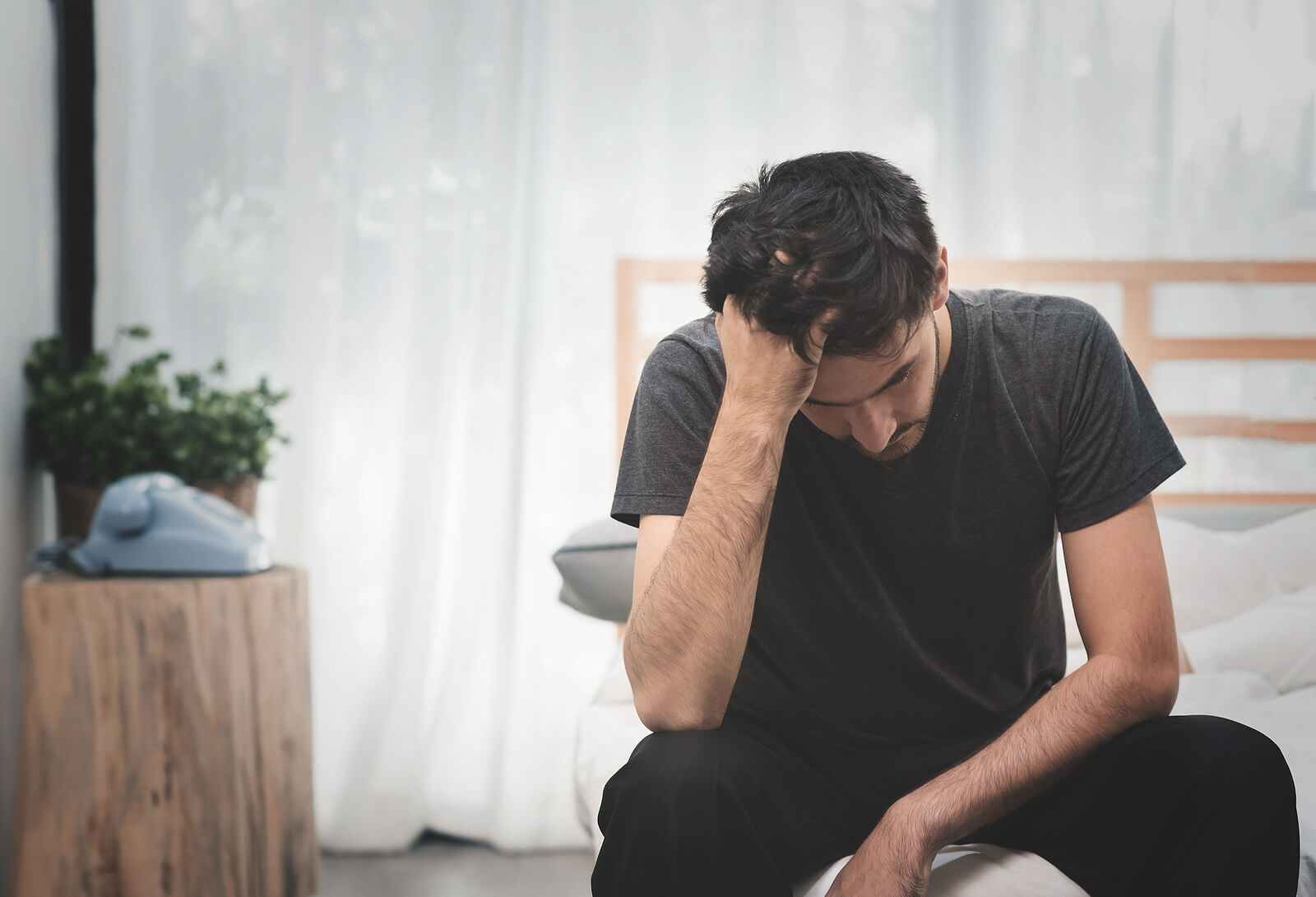According to recent research, roughly 18 percent of adults in the Cleveland area suffer from an anxiety disorder. When you’re struggling with an anxiety disorder, it can feel like you’re frozen. Your brain starts to create problems that don’t exist. Then, the stress and worry snowball until the thought of doing normal activities feels overwhelming.
It’s common for people with anxiety to use drugs as a way to cope. While the opioid epidemic begins to wind down, meth has made a resurgence in communities all across Northeast Ohio. Meth is an appealing option due it’s high potency and low price.
You might have tried meth because you thought it was one of your only options to relieve your anxiety. But there’s a thought in the back of your mind that you can’t seem to shake. How does meth impact your anxiety disorder? In this post, we’re going to help you find some answers.
What Impact Does Meth Have on My Anxiety?
Did you know that it’s common for someone who uses meth to go through severe anxiety? While you might have started taking meth to cope with your anxiety, it could be making your symptoms worse. In fact, 75 percent of meth users report experiencing anxiety disorder symptoms.
But how does this happen? It all comes down to the effect meth has on your brain. When you use meth, the drug triggers the release of certain chemicals in your brain. Serotonin, the chemical in your brain that helps you regulate your mood, is one of them.
Meth causes your brain to release a massive amount of serotonin. While this is what causes the “high” you feel, it also makes it harder for your brain to reabsorb serotonin. As meth use continues, your brain can’t regulate your mood like it’s supposed to. Low serotonin levels mean it will be harder for you to manage and control your anxiety.
Meth and Anxiety Can Create a Cycle of Abuse
Even if meth can make your anxiety worse, many people would rather take the risk than leave their symptoms unchecked. But that mindset doesn’t factor in the added danger of the interaction between meth and anxiety disorders.
For example, you take meth to relieve your anxiety symptoms. It might work at first, but as time goes on, your anxiety begins to increase. Then suddenly, your meth use evolves from being an emergency fix to an uncontrollable habit. Unfortunately, some people get caught in between a meth addiction and their anxiety disorder.
Factoring in Meth Withdrawal
For anyone struggling with a drug or alcohol addiction, the fear of withdrawal is real. One of the main roadblocks with meth withdrawal is that one of the most common side effects is anxiety.
And if you’re already suffering from an anxiety disorder, the extra stress could trigger a relapse. That’s why expert detox services like those found at Silver Maple Recovery are so important. Recovery professionals can help you manage your meth withdrawal symptoms in a safe environment.
How Sobriety Will Help Your Anxiety
Anxiety disorders are often lifelong conditions that need to be managed. While sobriety won’t cure your anxiety disorder, it can help you get to a place where it can be controlled.
As you progress through detox and inpatient treatment, your brain will relearn how to absorb serotonin. From there, any of the extra anxiety caused by meth use will fade away. If you’ve had problems with meth addiction and anxiety, you could be suffering from a dual-diagnosis disorder.
With dual-diagnosis disorders, it’s recommended that you find an experienced addiction recovery center to help. You can learn more about the underlying causes of your addiction and anxiety, and develop ways to manage both.
Overcome Your Anxiety with Help from Silver Maple Recovery
At Silver Maple Recovery, we understand how hard it can be to deal with an anxiety disorder. While you might think that meth is helping you cope, it’s only a matter of time until it does the opposite.
Our addiction recovery center in Cleveland offers professional detox and dual-diagnosis treatment to help you reach lasting recovery. If you’re struggling with a meth addiction and an anxiety disorder, you’re not alone.
We have professional caregivers ready to hear your story and help you on your journey to recovery 24/7. While it might feel like your anxiety and substance abuse are in control, we can show you a better path. Contact us today.



